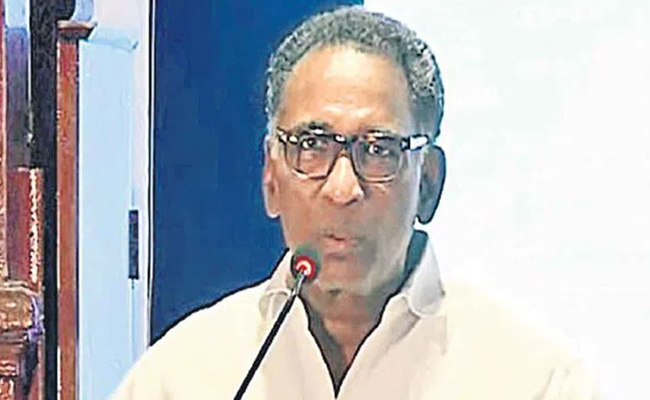
India News

Former Supreme Court judge Justice Jasti Chelameswar has questioned why courts cannot issue directives to the President, especially when they already have the authority to strike down laws passed by Parliament or State Assemblies as unconstitutional. Speaking at an event in Chennai on the 75th anniversary of the Indian Constitution, he responded to a question by retired Madras High Court judge Justice C.T. Selvam.
Justice Chelameswar referenced the Supreme Court’s recent directive setting a three-month deadline for the President to act on bills sent by Governors. He questioned Vice President Jagdeep Dhankhar's criticism of this order, stating that if judges have the power to declare laws passed by elected representatives as unconstitutional, then they should also have the authority to impose deadlines for such representatives to fulfill their constitutional duties.
He also urged that the 75th anniversary of the Constitution be seen not merely as a reason to celebrate but as an opportunity for introspection. He expressed concern over the over 100 amendments made to the Constitution, the unchecked use of money in elections, and the inadequate budgetary allocation to the judiciary, which has led to mounting backlogs.
SC Has Not Crossed the Line: Justice Rastogi
Retired Supreme Court judge Justice Ajay Rastogi remarked that the Supreme Court has not crossed any constitutional boundaries by stating that the actions of the President and Governors are subject to judicial review. In a recent interview, he emphasized that even if Parliament disagrees with the judiciary’s views, it retains the ultimate authority to amend laws. He dismissed claims that the judiciary and executive are in conflict.
Use of Article 142 Is Justified: Justice Kurian Joseph
Former Supreme Court judge Justice Kurian Joseph welcomed the Supreme Court’s use of Article 142 to enforce a time limit for approving bills, noting that the powers of the President under the Constitution are limited. Responding to Vice President Dhankhar’s remarks — where he criticized the court’s ruling as acting like a “super parliament” and described Article 142 as a “nuclear missile” — Justice Joseph said the apex court was only fulfilling its role as the guardian of the Constitution. He defended the decision to invoke Article 142 as a rightful reminder to the President and Governors about their constitutional duties, especially in cases where bills were left pending for months.
Advertisment